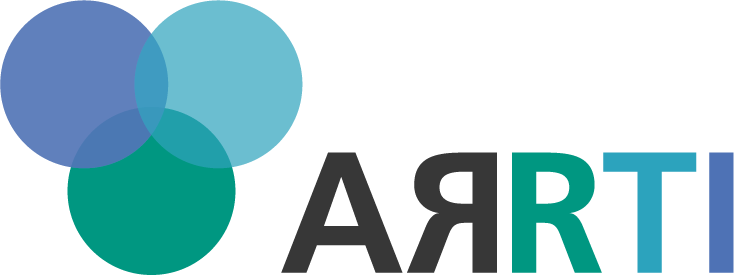Startup Experience
- Type: Seminar (S)
- Chair: KIT-Fakultäten - KIT-Fakultät für Wirtschaftswissenschaften
- Semester: WS 22/23
-
Lecturer:
Marcos González
Ann-Sophie Finner
Sarah Isabelle Manthey - SWS: 4
- Lv-No.: 2545004
- Information: Blended (On-Site/Online)
| Content | Content In the Startup Experience course, you develop entrepreneurial competences that enable you to develop a new venture. In an entrepreneurial project, you have three main goals: 1. Identify and develop an opportunity. Who is your target customer and what problem or task does he or she have? How attractive and how big is this market? 2. How will you provide value for them? How can you use specific resources, including technology to develop a solution? 3. How can you conceive and set up a viable organization? Which business model do you suggest to create, deliver, and capture value? After the teams are formed, a teambuilding session follows so that the team members get to know each other better and establish the cornerstones for working together. In this way, they create a basis for their joint project. The focus of the seminar is on technology-based venturing. In this context, we will use the TAS (Technology-Application-Selection) approach developed at the EnTechnon. By default, we start from KIT patents (but you can also ‘bring with you’ other new technologies). We analyze the technology and use creativity techniques to find potential applications. Among other approaches, we will systematically explore applications around the UN sustainable development goals. Prototyping, business model development, and pitching are part of the seminar. Learning Objectives You will be able to explore deep technology venturing opportunities and create new products and services. The pedagogical approach is that of action learning. In a team, you will experience typical challenges and processes related to setting up a new business and develop the corresponding entrepreneurial competences. After completing this course, the course participants will be able to:
Additional information: Alternative exam assessment. The grade consists of the presentation and the written elaboration. Potentially, a ‘project diary’ of the seminar progress may be part of the deliverables (depends on tutor and will be communicated at the kick-off). For a successful course completion, we expect you to submit a Business Plan with the following features:
Furthermore, we expect you to deliver a team Pitch.
|
| Language of instruction | English |
| Organisational issues | Registration is via the Wiwi portal. In the seminar you will work on a project in teams of max. 5 persons. Team applications are welcome but not a prerequisite for participation. The seminars will be held in English. |

